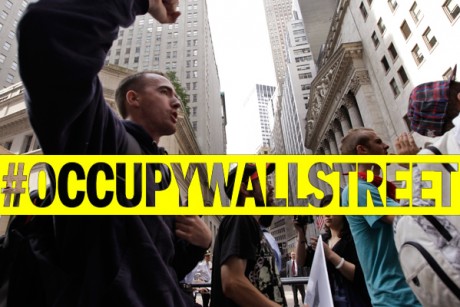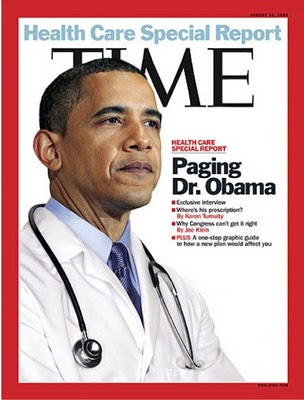 |
(Credit: Reuters/Brendan McDermid)
Hey remember the Occupy Movement? Well in case you’ve been wondering, its legal battles continue, and Occupiers continue to wield their sleeping bags and their persistence to (purportedly) fight for the rights of the 99%.
A man who refused to leave Zuccotti Park during the “eviction” of Occupy Wall Street last November is currently fighting a criminal charge of trespassing. Earlier this month, a Manhattan Criminal Court judge ruled that New York City and park owner Brookfield Properties had a right to evict Occupiers from their encampment in the park if necessary to remedy unsafe conditions. However, the judge found that a trial is required to determine whether the conditions actually were unsafe, as both NYC officials and the park’s owner claim.
According to the judge, if the allegations in the criminal complaint are proven true, the park conditions at the time of the eviction not only interfered with the public’s ability to use the park, but also posed a hazard to the health and safety of the public. Therefore, the judge found that these allegedly deteriorating conditions justified the park owner’s temporary removal of the park Occupiers for cleaning so that alleged safety hazards could be addressed.
Notably, the judge rejected the argument that evicting the Occupiers ran afoul of the First Amendment, agreeing with another Manhattan judge who rejected a civil challenge to the eviction the day after it occurred. In allowing the trespass case to proceed, the Criminal Court judge held that while some symbolic or expressive conduct is considered speech under the First Amendment, it is well settled that not all conduct meant to convey a message amounts to expressive speech.
According to the Manhattan DA’s office, about 2,020 people associated with Occupy Wall Street have been arrested in NYC since the protest began last September.
As the Occupiers are still fighting the eviction from Zuccotti Park, they also developed a new tactic – sleeping on Wall Street sidewalks near the New York Stock Exchange. According to an Occupy Wall Street spokesperson, last week protesters began sleeping in front of banks in lower Manhattan to highlight the issue of income inequality.
At least one attorney says that, as long as the sleep-puts are not incompatible with the public space, the protesters cannot be arrested because of a 2000 court decision allowing people to sleep on sidewalks to express their political views.
Occupy movements in other U.S. cities remain active despite setbacks. Occupy Detroit vacated its downtown encampment in Grand Circus Park last November – about the same time that campers had to leave Zuccotti Park in NYC. But nonetheless, members continue to work throughout Detroit on projects such as foreclosure prevention and homelessness.
On Friday night, Occupy Louisville (Kentucky) campers had to vacate the city park where they had been living for over four months, after their application for a permit to remain in the park was denied. The city’s chief of public safety claimed that the Occupy campers impeded the general public’s access to the park and caused serious damage to the property. But Louisville Occupiers remain confident that they will not disappear; they will remain active in the community.
Although I admire their moxie and I applaud them for taking advantage of all this free camping, can anyone tell me what the Occupiers stand for? And also, will they eventually put “Occupier” on their resumes after their camping trip is over?

